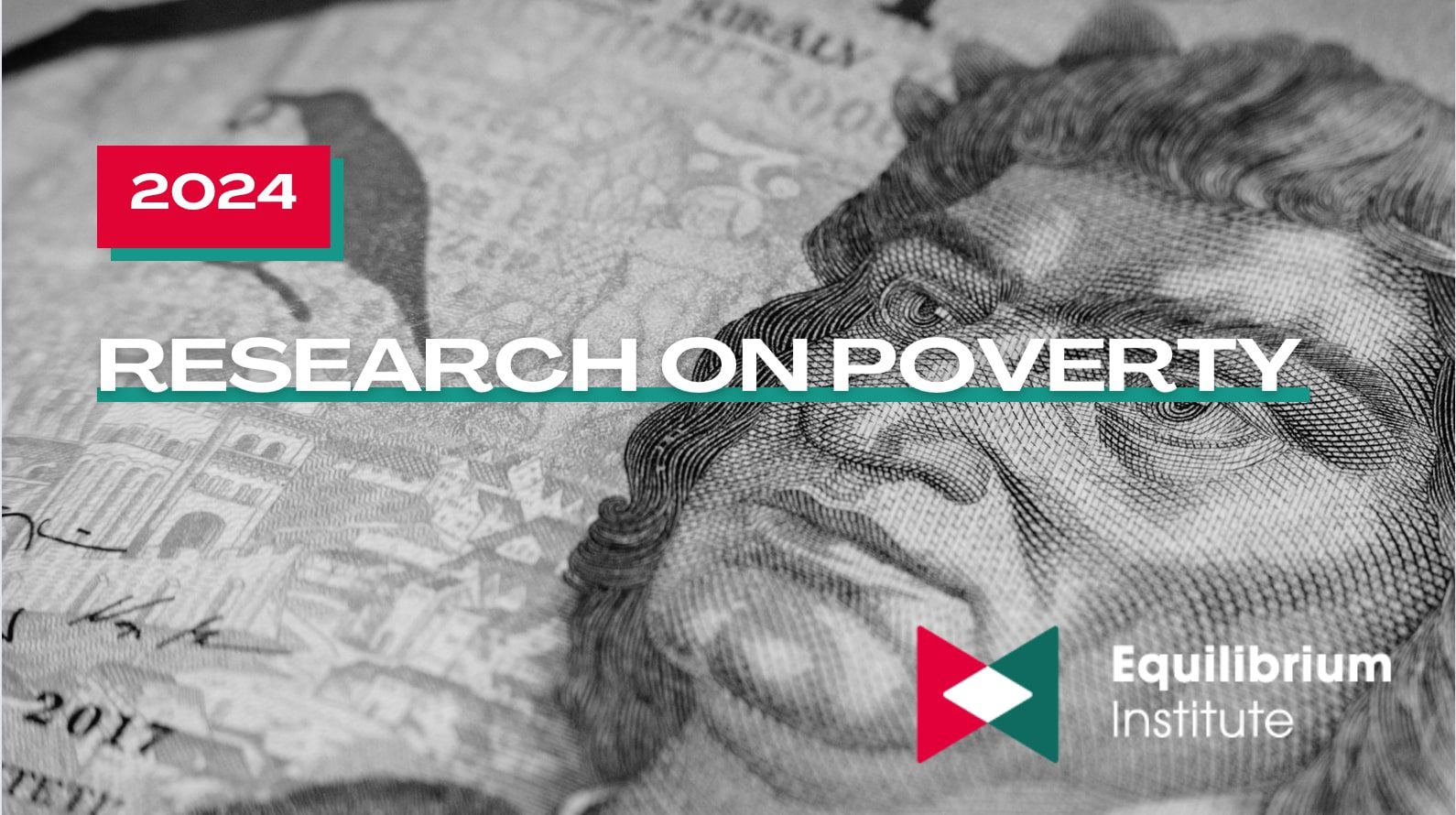Research on Poverty
2024
With the overall rise in living standards between 2010 and 2019, methodological and policy debates on domestic poverty have diminished, but poverty has not disappeared. The Equilibrium Institute believes that Hungary can only be more successful and prosperous in the 21st century if it addresses poverty as a national challenge rather than an individual problem. This is why it published its policy proposals on poverty reduction in 2021, which includes recommendations for better poverty measurement. Since 2023, the think-tank has put these methodological aspects into practice: the Equilibrium Institute has conducted a quarterly public opinion survey on the current level of poverty. This has made it possible to get a real-time picture of the extent of financial exposure in Hungarian society in the context of the economic trends that dominated the last year (inflation, energy crisis, freezing of EU funds).
All in all, between a quarter and a third of Hungarians, or roughly 2.5-3 million people, are currently considered poor. In addition, 45-50% of respondents can be said to be living on their income and able to maintain a balanced lifestyle. The remaining 15-20% have no real problems with everyday expenses, are able to save small or large amounts and can cover a major unexpected expense without any problems.
Read the full report here.


